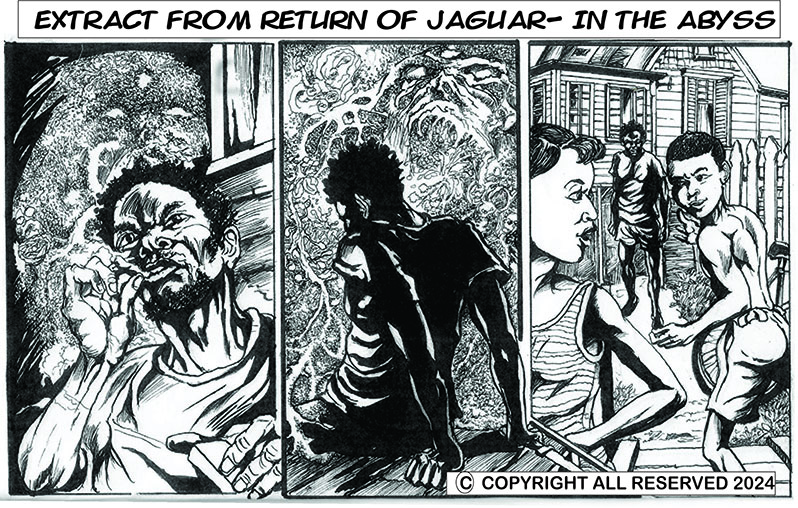I HAVE covered the impact of drugs on my generation from the late ’70s onward—the then death of a colleague named Tyrone and the hallucination that overpowered him to commit a heinous act. And the many others who had conceived an erroneous interpretation of Rastafari and had destroyed themselves. I knew then, even as others followed. I was awakened to the fact that some social manifestations were not clarified in all their aspects. With research, I hinted at an awareness that this was not a cultural presence that would—beyond the making of wealth for some—positively affect the health and consciousness of the next generation.
Today, I look with fear at the youth who are enveloped by addiction. I dread that this scourge is capturing a new generation. I walk to execute most of my chores, so I witness their presence. Most people look the other way helplessly. This problem can be addressed by some means, but speaking publicly about something you would like to do but cannot do now because you don’t have all the means could very well be a regretted betrayal of one’s intention—followed by a twisted version of the intended, to serve at times a different purpose. So I’ll have to work on it until I can release the intended effort.
I’ve covered several articles on the decline and disappearance of past institutions of national resources and employment—referred to as the sisters—that left thousands helpless. What am I speaking about? The Georgetown Waterfront, Bauxite, the Sugar Industry, as well as the private sector that vanished during the impact of the global oil crisis years, etc. So, where must Guyana’s skills turn to bury the rush of anxieties? Thus, many have turned to selling or using narcotics.

From my practical experiences, as the Jimmy Cliff song echoes in my memory, “It’s a hard road to travel, it’s a rough, rough way to go, but I can’t turn back…” A friend gave me a drop home, telling me of the usage of steel wool by addicts in their smoking habits, including a relative of his, whom he doesn’t know how to deal with. It’s mind-blowing. Metallic powder or grains and body parts don’t work together—the human body will always lose to such lethal embraces.
I’ve written about seeing people I know—like a once-youth of Yarrow Dam whose body had become twisted, and he had aged beyond his years. I haven’t seen that brother for a while. I want to keep thinking that the better intercepted and he’s okay, rather than what may be the more likely, as I’ve witnessed with others.
The hard fact is homes can’t easily adjust to the upsurge of daily mental turmoil. I’ve been there—confronting a mindless eruption akin to the character in The Exorcist—with a constant challenge of abrupt, what can only be called eruptions of a dual personality that can only be subdued by equal force. To contemplate the torture of wounded internals rests beyond guesswork.
“We, the reader and myself,” can only contemplate that in the holocaust of addiction—which I have witnessed as a parent—there is something in the human spirit that, if harassed enough, can emerge, and with an urge of defiance, allow sanity to prevail through our efforts, even as it is quoted, “This too shall pass, despite the darkness that envelopes.”




.jpg)









